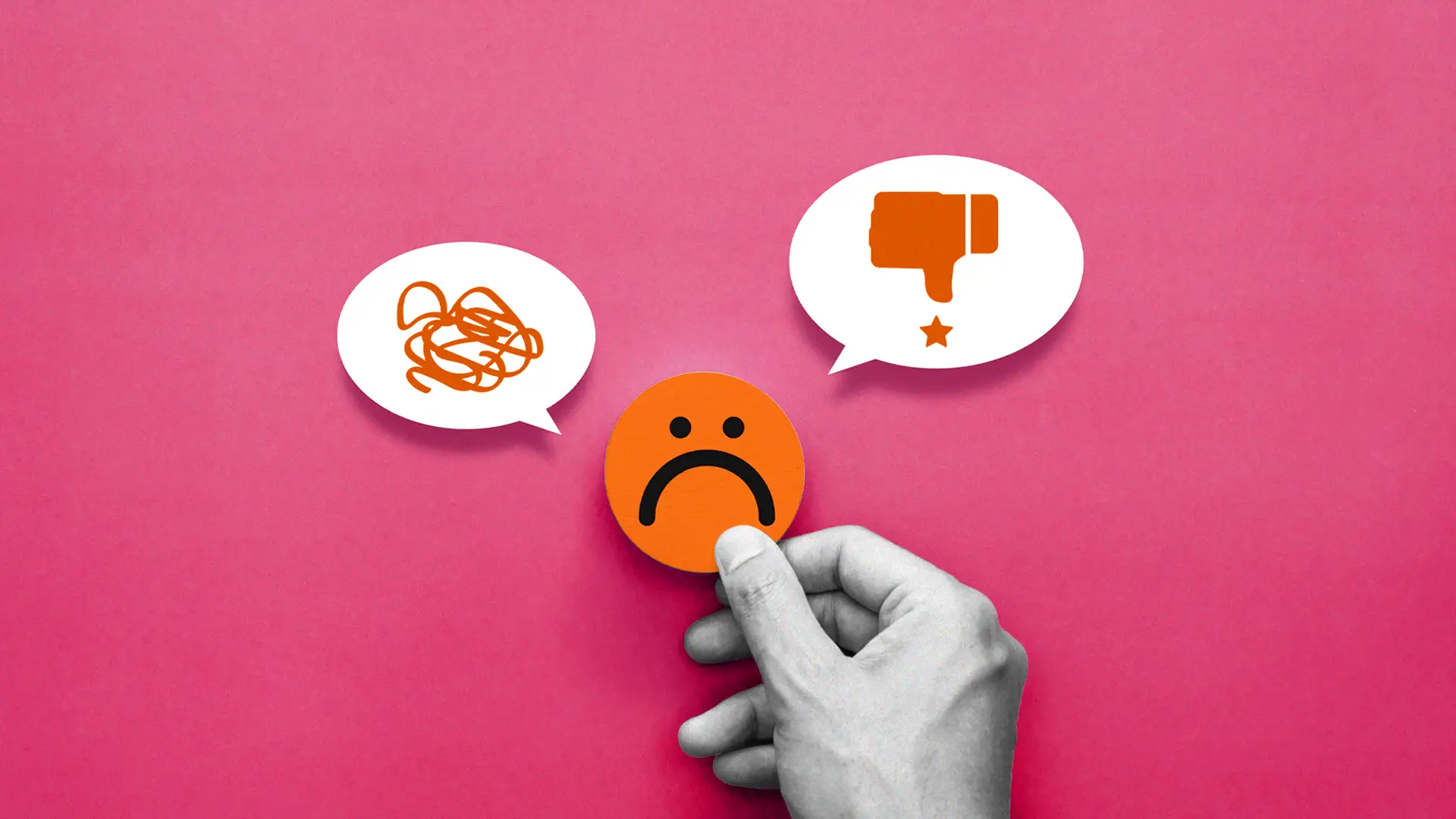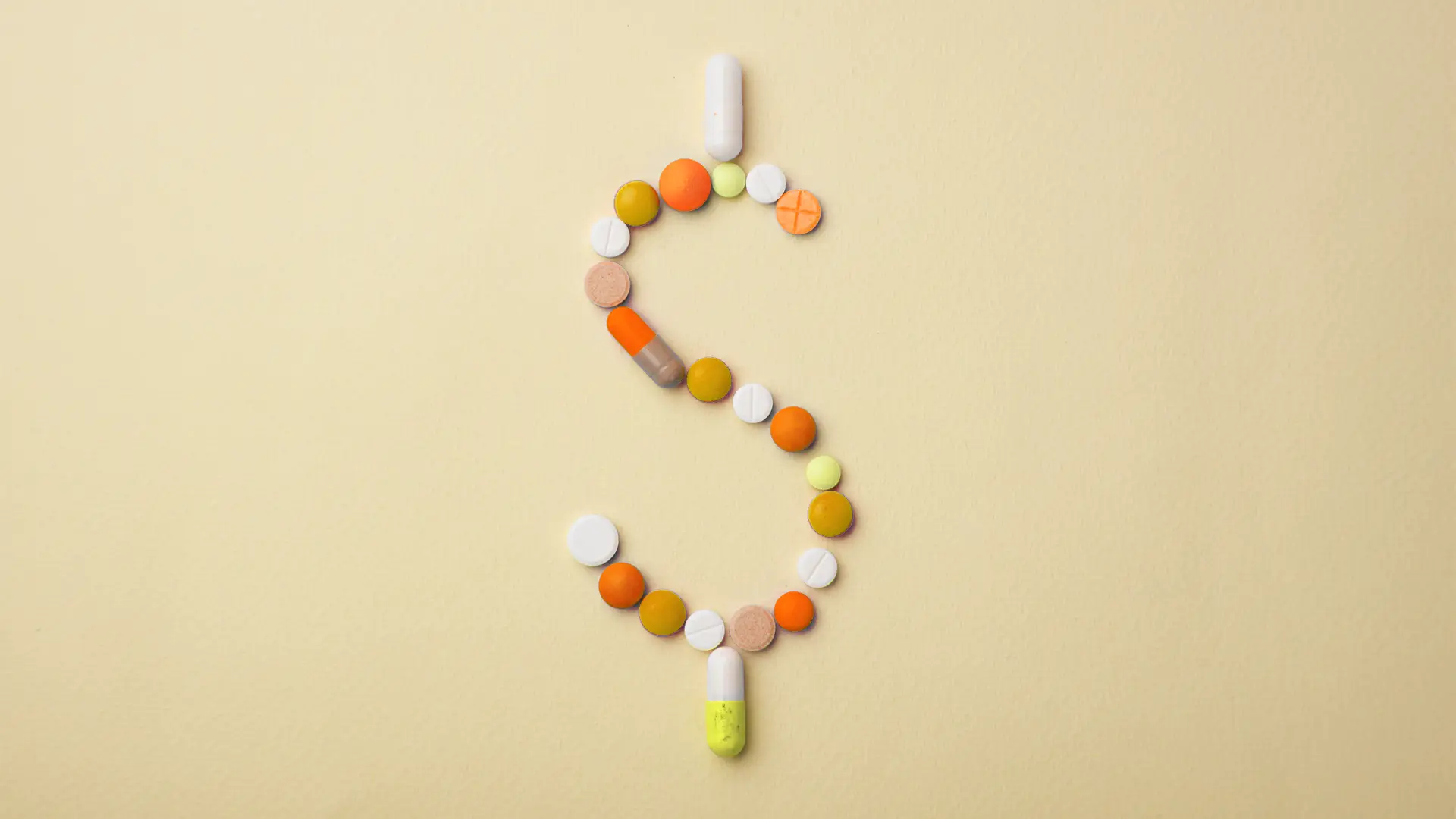Key Takeaways
- Rise of affected person influencers: Social media has shifted pharmaceutical advertising and marketing from superstar endorsements to affected person influencers, who share private tales and have interaction with smaller but extra related audiences on platforms like TikTok, Instagram, and YouTube.
- Rising influence of well being content material on social media: A good portion of shoppers (70%) actively comply with or seek for health-related accounts on social media, and 93% take motion, akin to reserving physician appointments, primarily based on the content material they devour.
- Moral issues and regulatory challenges: The growing partnerships between pharma firms and affected person influencers have raised issues about misinformation and the dearth of clear FDA rules for sponsored well being content material on social media.
- Shift in client belief: Customers now want genuine, relatable well being tales from actual sufferers fairly than scripted advertising and marketing, signaling the significance of transparency and sincerity in pharmaceutical promoting.
Authenticity isn’t a brand new time period for pharmaceutical entrepreneurs. However it’s taking over new that means in at present’s panorama. The times of well-known superstar spokespeople selling pharma merchandise are being changed by actual sufferers who’ve constructed their very own digital presence and social group followings. The dimensions of their audiences, or their attain, is smaller than that of well-known personalities with thousands and thousands of followers, however their connections are extra related and private.
Customers at present want genuine, actual tales over scripted collaborations. And the house for these genuine connections? Social media channels like TikTok, Instagram, Fb, and YouTube.
In fact, the overwhelming majority of Individuals are already energetic on social channels, participating with well being content material. Seven out of 10 individuals comply with or seek for health-related social media accounts, and 93% of those that comply with or seek for well being accounts have taken some type of motion, akin to scheduling a health care provider’s appointment, after consuming the content material, in response to a research final 12 months from Ogilvy.
It’s unimaginable to place a quantity on precisely what number of affected person influencers are on social media, however there are an estimated 127 million influencers of every type on social media, in accordance to StoryBox knowledge. Affected person influencers are a smaller subset of that, in fact, however contemplate, for instance, Well being Union, a number one digital well being group builder. It counts greater than 100,000 affected person leaders throughout greater than 40 situation communities.
And there are literally thousands of extra impartial creators making content material round circumstances starting from small, uncommon illness niches to mainstream issues, like psychological well being and weight problems.
The historical past of authenticity in pharma advertising and marketing
Genuine messaging is foundational in advertising and marketing, together with pharmaceutical advertising and marketing. In any case, who would purchase a product from an organization they didn’t imagine was honest?
For many years, pharmaceutical firms have enlisted celebrities and widespread athletes to lend sincerity and authenticity, together with identify recognition and sometimes attractiveness and good well being. The superstar spokespeople are genuine in both having the situation, like actress Sally Area who talked about her osteoporosis for Boniva within the 2000s, or linked by way of a detailed member of the family, like actress Angela Bassett who spoke up about her mother for a Boehringer Ingelheim consciousness marketing campaign in regards to the dangers of coronary heart illness amongst Sort 2 diabetes sufferers.
The superstar genuine collaborations proceed at present with examples like migraine sufferer Girl Gaga for Pfizer’s Nurtec, and athlete John Elway, who talks about his Dupuytren’s contracture for Endo’s XIAFLEX model.
Nevertheless, as social media exploded, accelerated by the Covid-19 pandemic and “everybody” logging on, each physicians and sufferers gained larger followings. Shopper consideration shifted from broadcast TV viewing, the place they may find out about a situation from a star, to social media scrolling and looking for actual sufferers who discuss their private experiences.
Extra affected person and pharma partnerships result in extra concern
The time period “affected person influencer” was coined earlier than Covid, however took off throughout and after the pandemic. Not solely do extra individuals wish to turn into well being influencers, but additionally extra pharmaceutical firms are all for partnering for advertising and marketing and promotions. Because the collaborations have grown, although, so have issues round finest practices and the potential for misinformation.
“Just like conventional direct-to-consumer promoting, the phenomenon of affected person influencers raises moral questions that want extra investigation,” College of Colorado researcher Erin Willis wrote in a 2023 research. The work was a follow-up to a research she and researchers had performed the 12 months earlier than, which resulted in a conclusion that extra investigation and analysis into sponsored content material posted by social media influencers in well being and drugs was wanted.
Continuing with warning
Willis identified social media affected person influencers are typically “dancing within the grey,” due to few FDA rules and little enforcement round sponsored well being content material.
Conventional pharma promoting has stringent guidelines and rules, and, the truth is, a whole FDA authorities company division, the Workplace of Prescription Drug Promotion (OPDP), to control TV, print, radio, and even digital channels. Nevertheless, in relation to social media content material, FDA oversight is lagging. It has but to develop rules concerning deceptive info on social media, particularly in relation to influencers.
Lawmakers have tried to make adjustments. Final month, Sens. Richard Durbin (D-IL) and Roger Marshall (R-KS) launched laws that will shut gaps in FDA oversight and permit the company to problem warning letters and fines to influencers and telehealth firms for false or deceptive content material, identical to they do in relation to conventional pharma advert oversight. The proposal would additionally mandate drugmakers to comply with the Sunshine Act and report influencer funds to the Open Funds database. It is the second time Durbin has co-authored an identical proposal, the primary through the earlier 118th session of Congress, however it has but to achieve traction.
Nonetheless, that doesn’t imply pharmaceutical firms themselves shouldn’t set up inside processes and finest practices for vetting and dealing with affected person advocates and influencers.
There are apparent questions and coaching to be performed round issues like conflicting partnership examinations, fact-checking talents, HIPAA regulation information, and clear disclosure of relationships. Much less apparent, and harder to elucidate, is discovering the proper match with a affected person or sufferers for the model or marketing campaign. Demographics and audiences matter, however so do issues like model affinity or enthusiasm, type, and worth alignment.
One other key to working with social influencers is avoiding micromanagement. The extent of authenticity sufferers have constructed with their audiences is the worth for pharmaceutical entrepreneurs. It will be a mistake to easily hand them a script and ask them to learn it. That mentioned, the alternative method might also backfire. Working collectively, throughout the pharma’s tips and with the affected person’s genuine concepts and creativity, is a win-win.
It’s additionally sensible to consider influencers as collaborators versus merely product promoters. Sturdy relationships will construct belief and result in much more genuine and efficient advertising and marketing.
It might probably’t be confused sufficient that transparency is essential whether or not it’s the content material containing clear dangers and advantages within the case of a branded product, or the labeling of the promotion as #companion, #sponsored, or with the connection itself.
Some within the business debate the “good or unhealthy” of affected person influencer advertising and marketing, however most agree that it’s right here to remain.
That’s excellent news for pharma entrepreneurs. It’s a possibility to embrace the brand new authenticity with actual and related sufferers’ tales in training and promotional messaging.
As one skilled affected person marketer not too long ago informed a colleague: Genuine affected person factors of view will at all times outperform pharma firms attempting to inform a narrative on their behalf.







